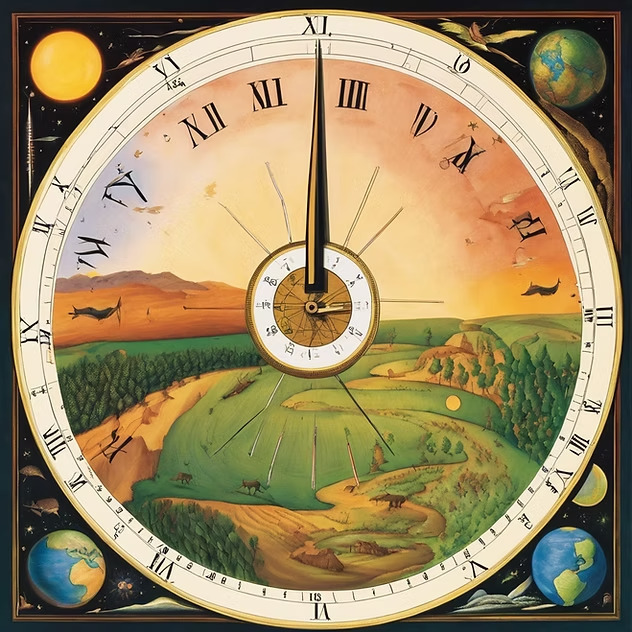What is Circadian Rhythm?
Circadian rhythm refers to the effect of Earth's 24-hour rotation on living beings. This effect is biochemical, physiological, and behavioral. Several environmental factors can influence the circadian rhythm, such as light-dark cycles, eating patterns and timing, physical activities, using electronic devices before bed, and exposure to their lights. Disruption of our circadian rhythm can lead to sleep disorders.
How Does It Work?
Circadian rhythm is one of the four biological rhythms in our body. There are key components that make up the circadian rhythm. First, our brain responds to the light and dark in the external environment. Our eyes perceive this change and send signals about when we should sleep and when we should wake up to our cells. These cells send signals to other parts of the brain, and through this system, our circadian rhythm is formed.
What Environmental Factors Disrupt the Circadian Rhythm?
-
Traveling to places in different time zones
-
Consuming caffeine at night
-
Addictions
-
Working late at night
-
Exposure to light from phones, computers, tablets, and TVs before bed
-
Irregular meal times
-
Stress
-
Levels of physical activity
-
Social activities late at night
-
Medical conditions
How Can You Tell If Your Circadian Rhythm is Disrupted?
If:
-
You can't sleep even after lying in bed for hours,
-
You have difficulty falling asleep even when you are physically exhausted during the day,
-
Your sleep is interrupted,
-
You experience memory issues,
-
You don’t feel refreshed after waking up even though you had enough sleep, your circadian rhythm may be disrupted.
If you think your circadian rhythm is disrupted and you're experiencing sleep problems, you can minimize or even eliminate this condition through aura cleansing sessions.


